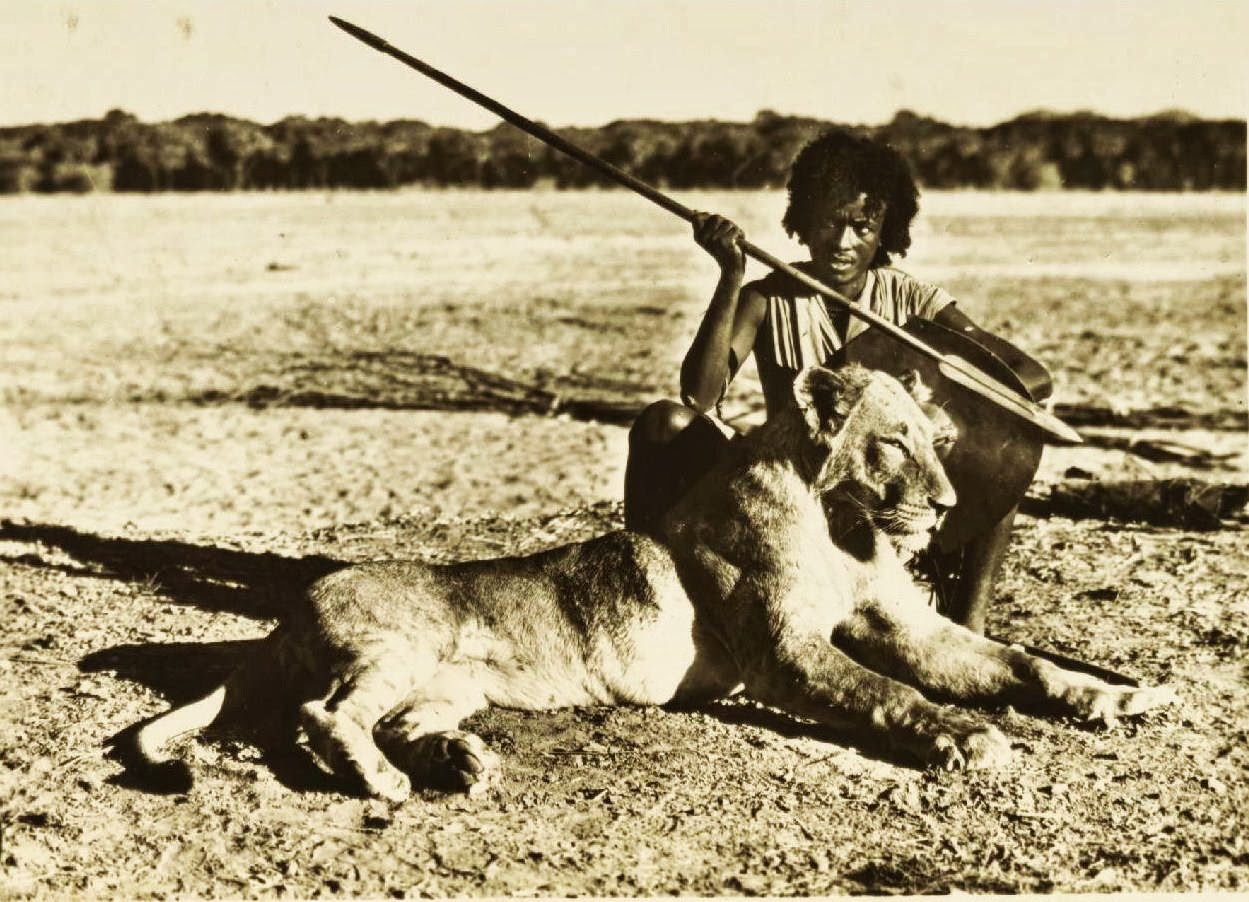Nara people on:
[Wikipedia]
[Google]
[Amazon]
The Nara are an ethnic group inhabiting southwestern

Supplementary Table 3
/ref>
Eritrea
Eritrea ( ; ti, ኤርትራ, Ertra, ; ar, إرتريا, ʾIritriyā), officially the State of Eritrea, is a country in the Horn of Africa region of Eastern Africa, with its capital and largest city at Asmara. It is bordered by Ethiopia ...
. The society is divided into four subtribes, who are traditionally animist. They are mostly subsistence farmers.
Overview
According to the Eritrean government, the Nara are descendants of the firstNilo-Saharan
The Nilo-Saharan languages are a proposed family of African languages spoken by some 50–60 million people, mainly in the upper parts of the Chari and Nile rivers, including historic Nubia, north of where the two tributaries of the Nile meet. ...
settlers in Eritrea, who had migrated from the Upper Nile area and intermarried with local Pygmy populations.
Today, the Nara number around 108,000 individuals. They constitute around 1.5% of the population of Eritrea. They are typically agrarian and have settled primarily along the border with Sudan.
They area located north of the Kunama, in the western parts of Barka Plains, the Nara constitute about 1.5% of the Eritrean population.
The Nara population is divided into four subtribes: the Higir, Mogareb, Koyta and Santora. They traditionally adhered to animist beliefs. By the 15th century the Nara were introduced to Islam and after the Egypt
Egypt ( ar, مصر , ), officially the Arab Republic of Egypt, is a transcontinental country spanning the northeast corner of Africa and southwest corner of Asia via a land bridge formed by the Sinai Peninsula. It is bordered by the Med ...
ian occupation in the 19th century, most Nara adopted Islam.
The Nara ethnonym means "Sky Heaven". They also used to call themselves the ''Barya''.

Language
The Nara people speak the Nara language. Through contact with neighboring Afroasiatic-speaking populations, many Nara are also bilingual in Tigre and/orArabic
Arabic (, ' ; , ' or ) is a Semitic language spoken primarily across the Arab world.Semitic languages: an international handbook / edited by Stefan Weninger; in collaboration with Geoffrey Khan, Michael P. Streck, Janet C. E.Watson; Walte ...
. They traditionally had no writing system, with the few existing pieces of literature in Nara transcribed using the writing system of either Tigre or Arabic.
The language is also known as ''Nara-Bana'', meaning "Nara-Talk".
Social organization
Social organisation of the Nara people is based on the clan and subclan, with people living in villages and hamlets. The lineage system is patrilineal, unlike that of theKunama people
The Kunama are an ethnic group native to Eritrea. They are one of the smallest ethnic communities in Eritrea, constituting only 2% of the population. Most of the estimated 260,000 Kunama live in the remote and isolated area between the Gash and ...
. Land belongs to the clan and shared out among the families in the clan.
Genetics
According to Trombetta et al. (2015), 60% of Nara are carriers of the E1b1b paternal haplogroup. Of these, around 13% bear the V32 subclade, to which belong 60% of the TigreSemitic
Semitic most commonly refers to the Semitic languages, a name used since the 1770s to refer to the language family currently present in West Asia, North and East Africa, and Malta.
Semitic may also refer to:
Religions
* Abrahamic religions
** ...
speakers in Eritrea. This points to substantial gene flow from neighbouring Afro-Asiatic
The Afroasiatic languages (or Afro-Asiatic), also known as Hamito-Semitic, or Semito-Hamitic, and sometimes also as Afrasian, Erythraean or Lisramic, are a language family of about 300 languages that are spoken predominantly in the geographic ...
-speaking males into the Nara's ancestral community. Cruciani et al. (2010) likewise observed that the remaining Nara individuals are primarily carriers of the Afro-Asiatic-associated haplogroup J (20%), as well as the A lineage (20%), which is instead common among Nilotes.Supplementary Table 3
/ref>
References
{{authority control Ethnic groups in Eritrea Muslim communities in Africa